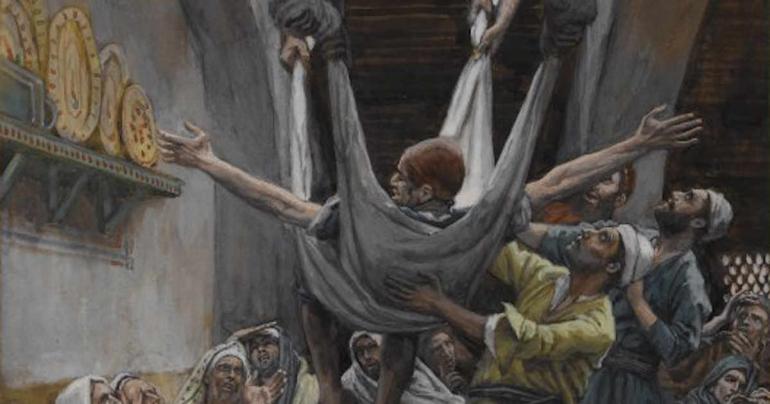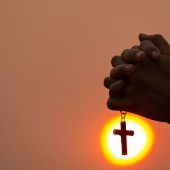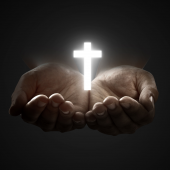Humans can seek God's will but not force it

January 12, Friday of the First Week in Ordinary Time
Daily readings: 1 Samuel 410–22a; Mark 2: 1–12
The First Reading of today presents the beginning of the transition from theocracy to monarchy in the history of Israel. It is a crucial time. Samuel is old, and his sons are not performing their duties as judges. The dissatisfaction with Samuel's sons' performance as judges led to a demand for a king, specifically one like the other nations. Samuel is dissatisfied. God makes him understand that, in the first place, people are rejecting God’s rule over them and that it has nothing to do with Samuel himself.
Secondly, God makes it very clear what a human king would do if he came to power and how it would ruin the lives of the people. A king is supposed to be a steward, shepherd and caretaker. But God knows that the kings of Israel are not going to be just that. They will have their darker side.
As a result, they are sure to lose their freedom and autonomy as God’s chosen people. Sadly enough, the people of Israel began to compare them with other nations. They are not like other people. They are a chosen race, and they have a special identity of their own.
A sick person need not know or have faith in Jesus, but someone else can plead for him on his behalf. We are not sure if the paralytic in today’s Gospel Reading is aware of who Jesus is and if he is capable of healing him. But those four men who carried him to the presence of Jesus knew. Their faith, their initiative and their creativity (removing the roof and lowering the house) brought about healing and, together with it, personal salvation for the paralytic. Jesus’ words, “Son, your sins are forgiven,” seem to imply some intrinsic connection between sin and sickness and also Jesus’ authority to forgive sins.
St. Bernard Corleone, an OFM Capuchin, was a great devotee of the Blessed Virgin Mary. According to legend, our Blessed Mother appeared to him and placed Baby Jesus in his arms.
Call to Action for Catholic Living: The more we learn to seek the will of God, the more peaceful and serene we can be. Seeking forgiveness and granting forgiveness can turn out to be a source of inner healing.
Radio Veritas Asia (RVA), a media platform of the Catholic Church, aims to share Christ. RVA started in 1969 as a continental Catholic radio station to serve Asian countries in their respective local language, thus earning the tag “the Voice of Asian Christianity.” Responding to the emerging context, RVA embraced media platforms to connect with the global Asian audience via its 21 language websites and various social media platforms.














